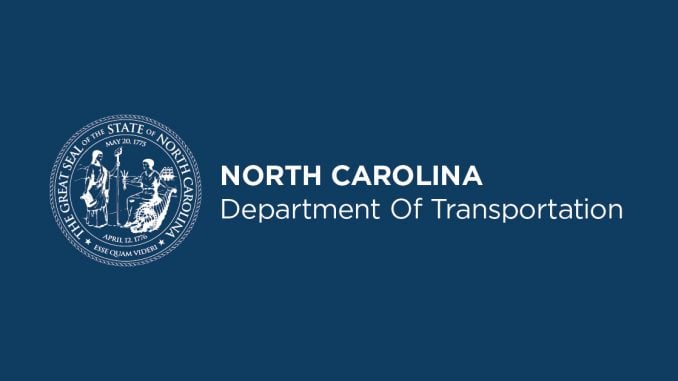
RALEIGH — Last week the North Carolina Senate approved a bill aimed at improving transparency and financial oversight of the Department of Transportation after a number of concerns were raised by an audit of the department. The audit showed gross overspending for 2019 of more than $742 million and lack of internal spending controls.
In addition to overspending its budget, the State Auditor’s office found that the 14 highway divisions overseen by the NCDOT were running low on funds and were allowed to borrow against the following year’s budget, leaving that future budget in disarray.
House Bill 77, DOT 2020-2021 FY Budget/Governance, was original the “Scooter” bill but has been changed to enact reforms to the N.C. State Board of Transportation, which oversees the NCDOT’s operations.
The makeup of the board will change to 20 members, granting the governor appointment of 14 voting members with at least three of another political party. The legislature would get six members appointed by the president pro tem of the Senate and speaker of the House. Under the current board, the governor gets to appoint 19 board members. Members are required to have a background in transportation or financing going forward to be in line with the board’s primary objective of serving as “fiduciaries” who “ensure the solvency of the Highway Fund and Highway Trust Fund.”
“This bill has been a bipartisan effort from the beginning. With this landmark legislation, we’re restoring confidence and trust in the department,” Sen. Tom McInnis (R-Richmond) said in a statement. “From this point forward, there will be more oversight and more transparency of the department’s finances. This is a visionary solution addressing the financial challenges facing the Department of Transportation, allowing for additional internal and external reviews.”
Part five of the bill has multiple subsets which are mainly focused on data reporting and transparency. Included in that section, per State Auditor Beth Wood’s recommendations, the NCDOT is charged with designing a new cash-spending plan.
The bill would create several positions in the governor’s office, the state treasurer’s office and the Office of Budget and Management.
The position at OSBM will monitor and assist the NCDOT with its cash management and required financial reporting. The role at the State Treasurer’s office will be a financial analyst position who will review and monitor the NCDOT bond program, including bond proceeds and compliance duties.
Under the measure, the NCDOT must enact a uniform financial management personnel structure on Highway Division offices for the purposes of financial management and will require development of uniform procedures and training.
Additionally, the bill requires several reporting mechanisms to be put in place. One such mechanism is a mandatory annual audit of the NCDOT by the state auditor’s office. The audit will specifically include areas such as budget adherence, cash management and project delivery.
Another reporting item in the bill requires NCDOT to submit a detailed report on the use of federal Advance Construction authorizations to the Joint Legislative Transportation Oversight Committee and the Office of the State Auditor. The state auditor would also be required to conduct a performance audit of that report.
Spending cuts intended to address the budget gap for the next fiscal year is part of the package. The bill would modify the NCDOT’s cash balance requirement in order to determine if the department has the spending capacity to enter into project contract commitments for transportation projects. This will be based on its cash balance requirement of 7.5% of the total appropriations for the current fiscal year from the Highway Fund and the Highway Trust Fund.
The proposed legislation would increase the maximum annual debt service on GARVEE bonds from 15% to 20% and require the NCDOT to maintain necessary reserve funds to make the next GARVEE debt service payment.
Finally, the bill authorizes $1.5 million dollars for DMV information technology upgrades related to moving its headquarters.
House Bill 77 has received bipartisan support and passed its third reading in the Senate by a vote of 41-0 on June 19. The House will now have to take up the measure before it is sent to the governor.


